Are you a Matcha seller? Join as a Vendor
Hattori Tea Farm brings authentic Japanese tea culture directly from their pesticide-free fields to your cup. Built from the ground up with environmental sustainability at its core, this single-farm operation produces over 15 varieties of organic matcha, sencha, and specialty teas using methods that honor both tradition and the planet.
Every leaf grown at Hattori Tea Farm meets rigorous Japanese JAS organic standards and complies with the Global Food Safety Initiative’s FSSC 22000 certification. The farm operates without chemical fertilizers, pesticides, or herbicides, ensuring pure tea that’s safe for health-conscious consumers.
Solar panels power the eco-friendly facilities, reducing environmental impact while maintaining the precise conditions needed for premium tea cultivation. This commitment to renewable energy extends throughout their operations, from growing to processing.
Unlike blended teas from multiple sources, Hattori Tea Farm offers complete transparency. Each product comes from their fields, allowing them to optimize cultivation processes for individual tea varieties and guarantee consistent quality across every harvest.
The direct-to-consumer model eliminates intermediaries, shortening the journey from farm to customer. This approach reduces CO2 emissions from shipping while ensuring fresher tea reaches buyers worldwide.
While their stone-milled matcha showcases traditional Japanese craftsmanship, the farm’s portfolio extends to carefully cultivated sencha, gyokuro, and innovative specialty teas like GABA Gyokuro. Each variety receives individualized attention to maximize flavor profiles and nutritional benefits.
The farm continuously refines cultivation techniques for each tea type, balancing time-honored methods with modern understanding of optimal growing conditions. This dedication produces teas that appeal to both traditional tea enthusiasts and those exploring Japanese tea culture for the first time.
Hattori Tea Farm demonstrates that premium quality and environmental responsibility aren’t competing priorities. Their pesticide-free soil, renewable energy infrastructure, and reduced shipping distances create a model for sustainable agriculture that doesn’t compromise on taste or purity.
For matcha lovers seeking authentic Japanese tea with verified organic credentials and transparent sourcing, Hattori Tea Farm delivers products you can trace back to specific fields managed with care for both quality and ecological impact.
Hattori Tea Farm produces authentic matcha using traditional methods passed down through four generations. Their matcha collection features seven distinct cultivars, each offering unique flavor profiles and characteristics.
Each batch undergoes meticulous stone-milling using granite ishiusu (stone mills) rotating at 20-40 RPM. This slow process takes one hour to produce just 40 grams of matcha, creating an ultrafine powder with 6-micron particle size that delivers superior texture and prevents overheating that could degrade delicate flavors.
All matcha varieties are produced from tea plants shaded for 30 days using black synthetic fabric covering that blocks 90% of sunlight. This extended shading increases theanine amino acids while reducing bitter catechins, resulting in naturally sweet and umami-rich matcha powder.
Hattori Tea Farm represents over a century of dedication to authentic matcha production in Shizuoka, Japan. Founded in 1905 by Chojiro Hattori, a former silk merchant, the farm emerged from a vision to create sustainable agricultural practices that harmonized with nature while crafting exceptional sencha green tea.
The farm’s location in Shizuoka Prefecture, which produces 40% of Japan’s green tea, provided ideal conditions with volcanic soil and perfect climate for tea cultivation. Chojiro initially focused on sencha production, leveraging the region’s natural advantages to cultivate high-quality tea leaves renowned for their vibrant color and refreshing taste.
Today, the farm operates under multiple names including Tenryu Agri-Farms and EcoFarm by Ryutsu Service Co., Ltd. The fourth-generation owner, Yoshiaki Hattori, continues the family legacy, crafting single-origin, small-batch matcha and sencha using traditional methods. He serves as one of three partners responsible for operating one of Japan’s most desirable Tencha processing facilities, located secretly within the Tenryu mountain range.
The farm’s commitment to traditional methods includes using granite stone mills called ishiusu that take one hour to grind just 40 grams of matcha. Their Tencha furnace, built with fire-resistant clay bricks, uses radiant heat drying at 140-180°C to preserve the leaves’ vibrant green color and delicate flavor. The shelf cultivation method involves shading tea plants with black covering sheets for 30 days before harvesting, blocking 90% of sunlight to increase Theanine content while reducing bitter catechins.
Sustainability remains central to their operations through single-estate farming that manages everything from cultivation to sales. Their solar sharing system generates 8,000 kilowatts of electricity annually across 2 hectares, reducing carbon emissions by an estimated 5 tons of CO2 per year. The farm maintains JAS Organic certification and uses beneficial insects like ladybugs and lacewings for natural pest control, along with organic fertilizers including composted tea leaves and rice bran.
Chojiro Hattori, a former silk merchant, established Hattori Tea Farm in Shizuoka, Japan, driven by deep respect for nature and desire to craft exceptional sencha green tea. The farm was founded on principles of sustainable agricultural practices that harmonized with the environment, taking advantage of the region’s ideal climate and volcanic soil conditions.
The farm adopted Japanese Agricultural Standards (JAS) organic practices in the 1980s, a progressive move spearheaded by Yoshiaki’s father. This certification ensured compliance with rigorous organic farming standards including soil management, pest control, and processing methods, positioning the farm as a leader in sustainable tea production.
Hattori Tea Farm innovatively implemented solar sharing technology in the 2010s, showcasing their unwavering commitment to sustainability and renewable energy. The system generates 8,000 kilowatts of electricity annually across 2 hectares, powering their processing facility while reducing carbon footprint by 5 tons of CO2 emissions per year.
Yoshiaki Hattori assumed leadership as the fourth-generation owner, carrying forward the family legacy while modernizing operations. He became one of three partners responsible for operating one of Japan’s most desirable Tencha processing facilities, located secretly in the Tenryu mountain range, continuing to craft single-origin, small-batch matcha and sencha using traditional methods.
Find below some answers to the most common questions about Hattori Tea Farm.
There are no results matching your search
Click below to see the profile of a matcha brands similar to Hattori Tea Farm.
No results available
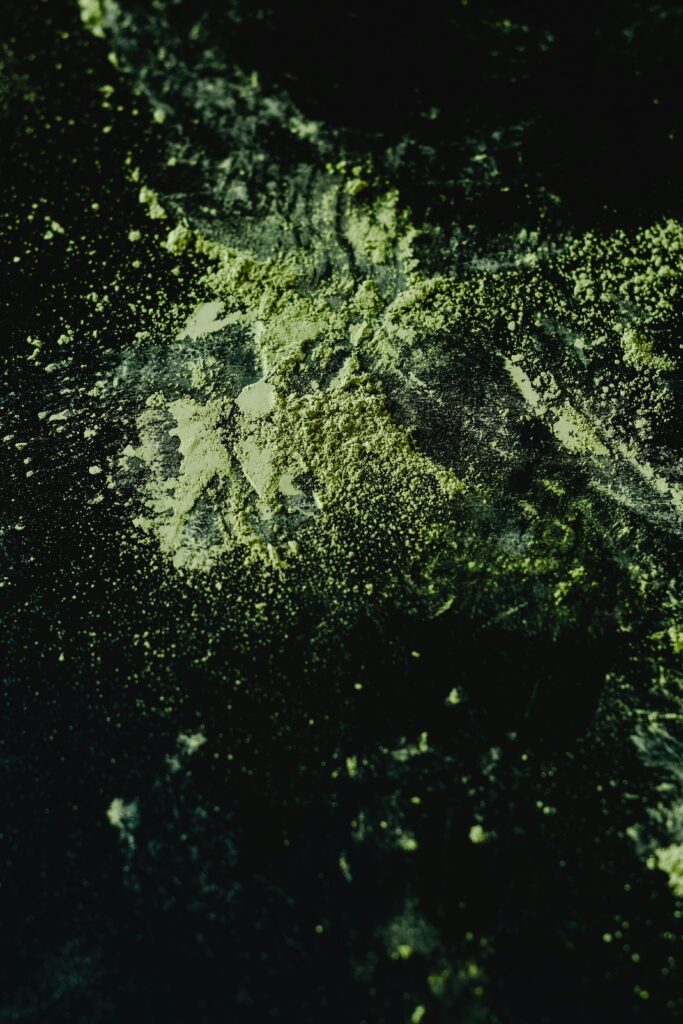
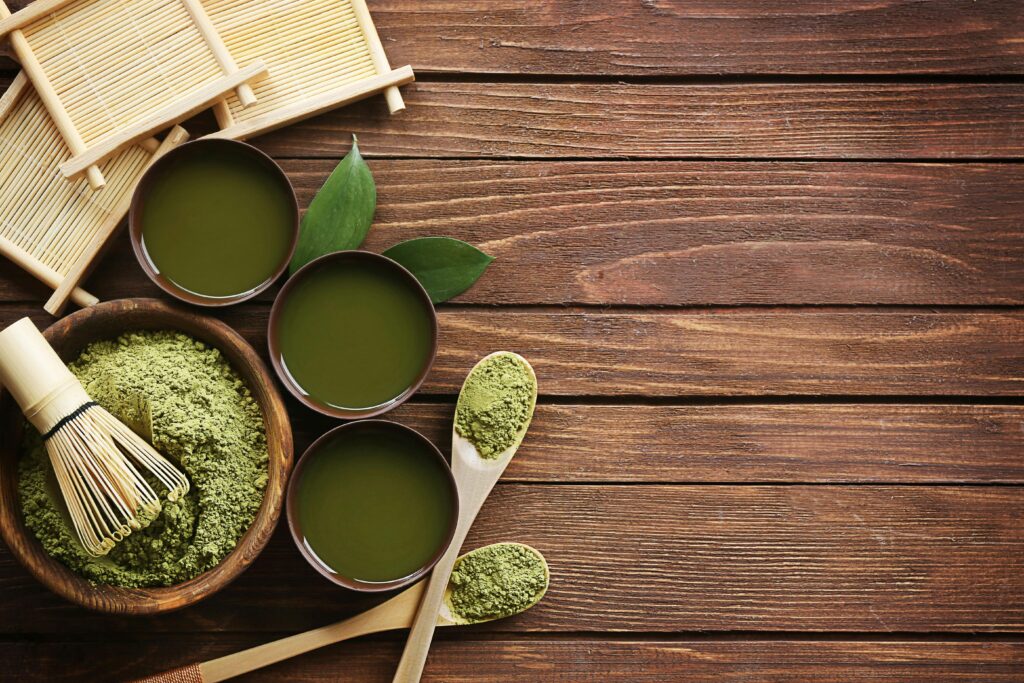
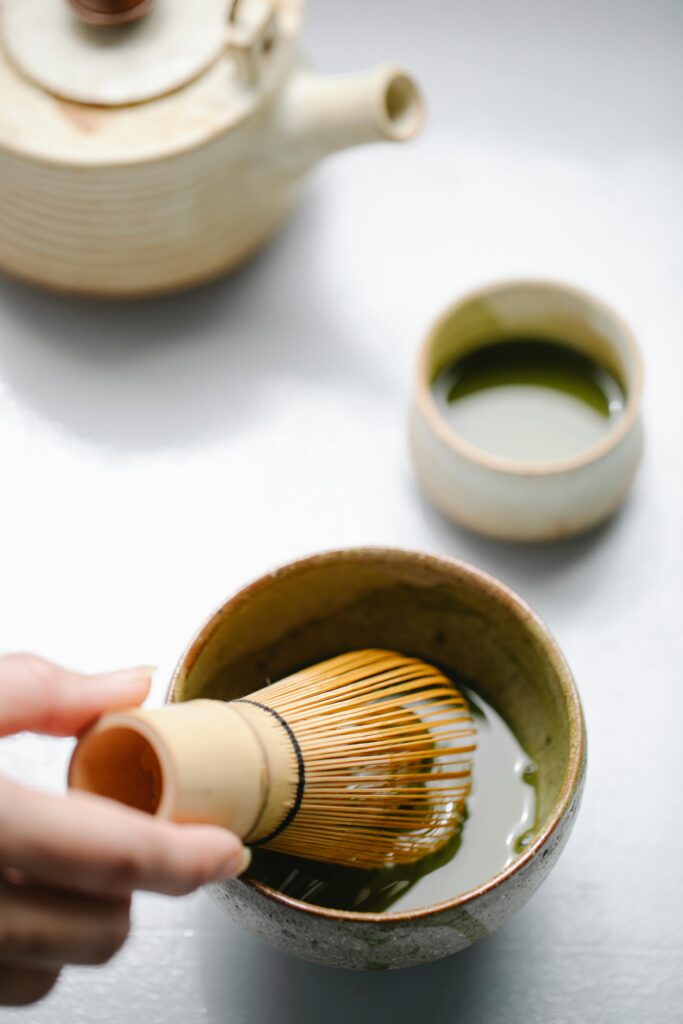
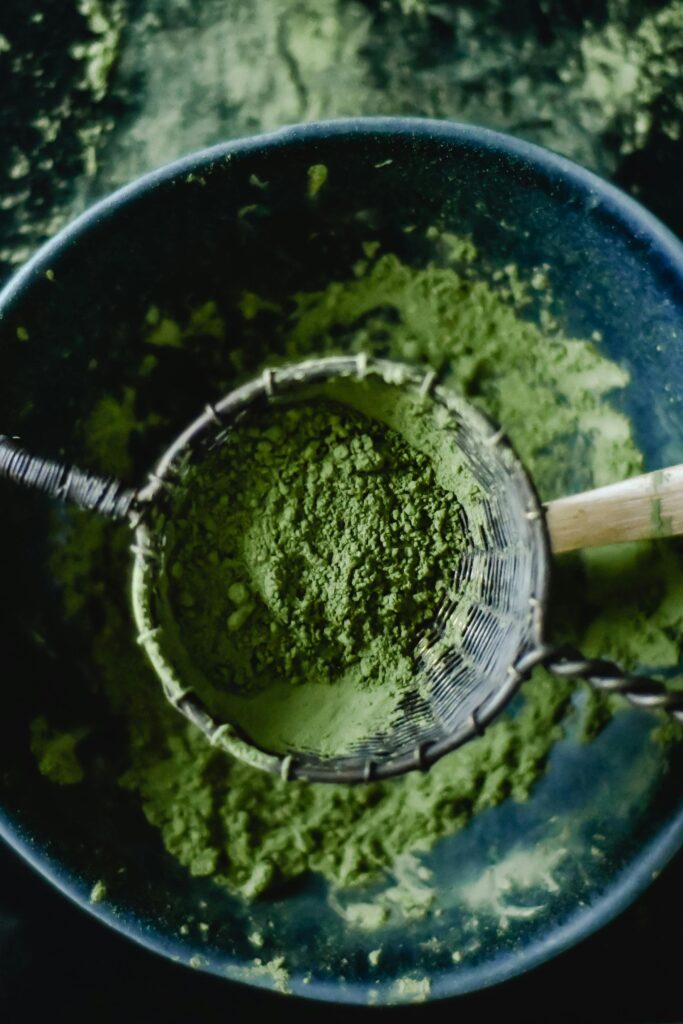
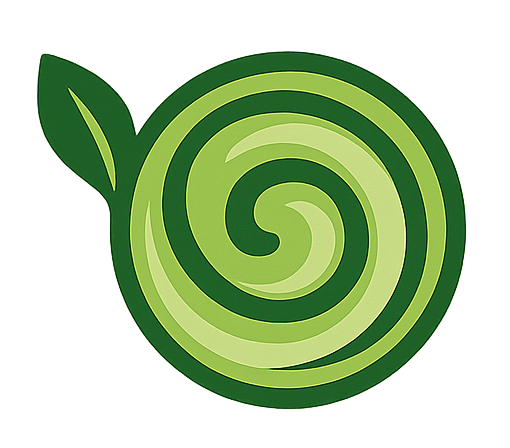
Join our mailing list to receive updates and exclusive tips.
There are no results matching your search